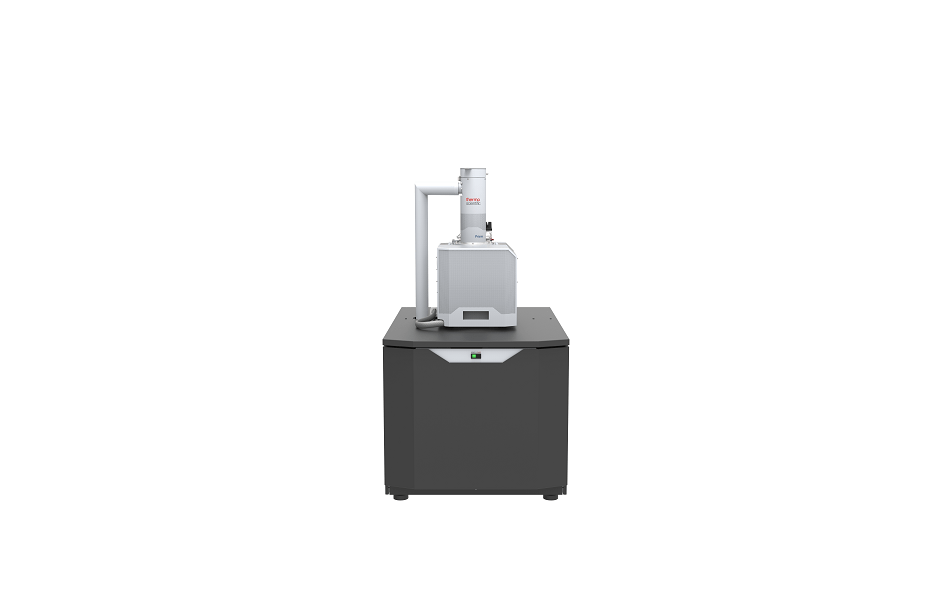Scientists working in industrial and academic R&D, quality control, and failure analysis laboratories now have access to a simple but powerful new scanning electron microscope (SEM) that also offers a full range of imaging and analytical options for more complex investigations. The newly-released Thermo Scientific Prisma SEM platform incorporates extensive automation and a friendly user interface that make it easy to learn and operate in routine industrial applications, while preserving the flexibility needed in a research or academic setting.

“Prisma’s extensive selection of detectors, in-situ stages, automation packages, and its environmental mode make it one of the most complete offering on the market,” said Trisha Rice, vice president and general manager, materials science, Thermo Fisher Scientific. “It can be configured as a lean ‘point-and-shoot’ solution for industrial customers or augmented with an array of specialized imaging and analysis options for the researcher. Its configurability also lets customers buy confidently, knowing they have an optimal solution for their current needs and are ‘future-proof’ against the unknown requirements that will inevitably appear.”
The Prisma platform features advanced automation; robust support for analytics; a large, precise and flexible stage; and a wide range of optional accessories. Its configurability makes it an ideal solution for many different types of customers. Labs with narrower dedicated needs will value its speed and simplicity, while multi-user, multi-application facilities will appreciate the broad selection of optional imaging detectors and analytical tools available on a single integrated platform.
The Prisma’s sample chamber readily handles large, heavy samples and accommodates advanced energy-dispersive x-ray spectroscopy (EDS) configurations that deliver fast, accurate elemental micro-analysis. The system can operate over a wide range of vacuum conditions, permitting observations of nonconductive, wet, dirty or outgassing samples in their natural states without cleaning, drying, coating or risking damage to the instrument. Environmental SEM (ESEM) mode and heating or cooling stages open new experimental pathways for innovative in-situ investigations.
Guided workflows make the system easy to learn and operate, for example, a convenient undo/redo feature enhances productivity. The MAPS package can create large-area composite maps from multiple images and spatially correlates the data.